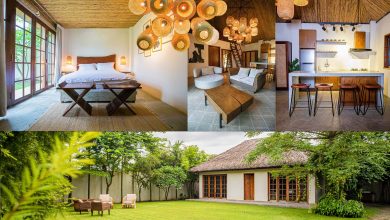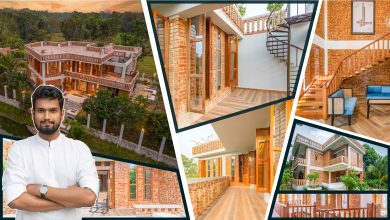In the heart of Tejgaon, Aarong’s flagship branch houses a cultural haven known as Terracotta Tales. This enchanting space, a joint venture between Aarong and Emerald Partners, serves as a testament to the rich tapestry of Bengali culture and aesthetics. Guided by Architect Rafia principal architect of RMA Architects, Terracotta Tales seamlessly blends age-old traditions with a contemporary twist, creating a unique dining experience.
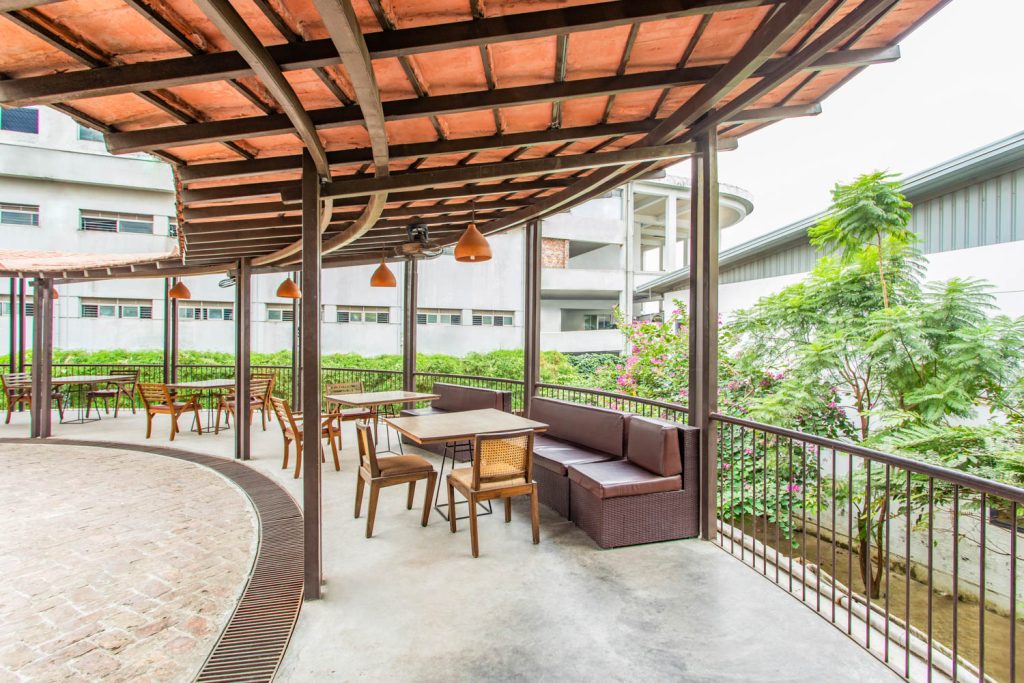
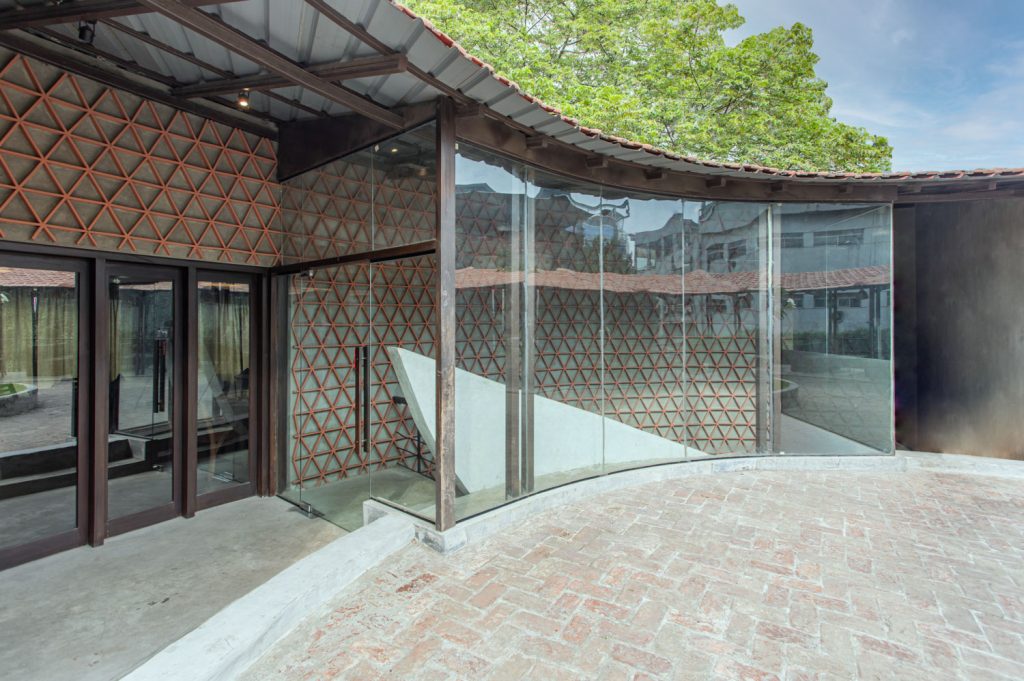
As one steps into Terracotta Tales, the first impression is that of stepping into a world where history and modernity coexist harmoniously. The architecture, designed by architect Rafia, pays homage to the simplicity of mud houses, incorporating elements like bamboo partitions, wooden chairs, tepa putuls (clay dolls), and lampshades crafted from bamboo. Every detail, from the curved and round design to the entrance pond adorned with water lilies, serves as a canvas depicting traditional Bengali life in a modern light.
The entire concept of Terracotta Tales draws inspiration from the roots of Bengali tradition. The architectural narrative reflects the essence of rural Bengal, with elements like rattan, bamboo, and wood weaving throughout the design. The steel and wood staircase, slightly rounded, leads to the first floor, where a frangipani tree takes center stage, enhancing the beauty of the space. The whole area adorned with various flowering trees ensures that visitors can revel in nature’s beauty throughout the seasons.
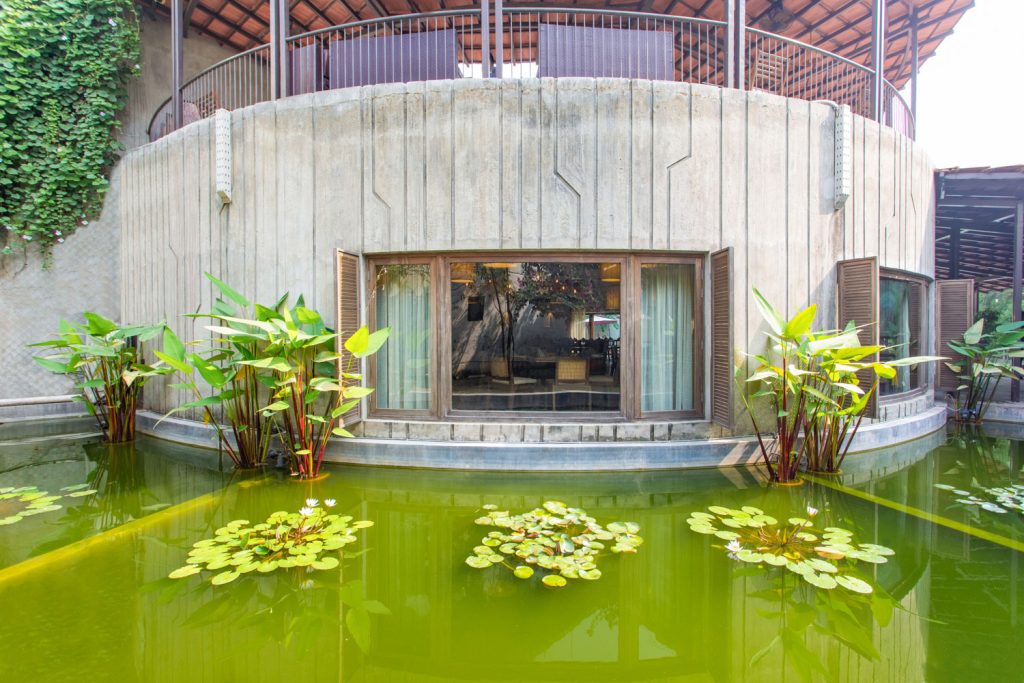
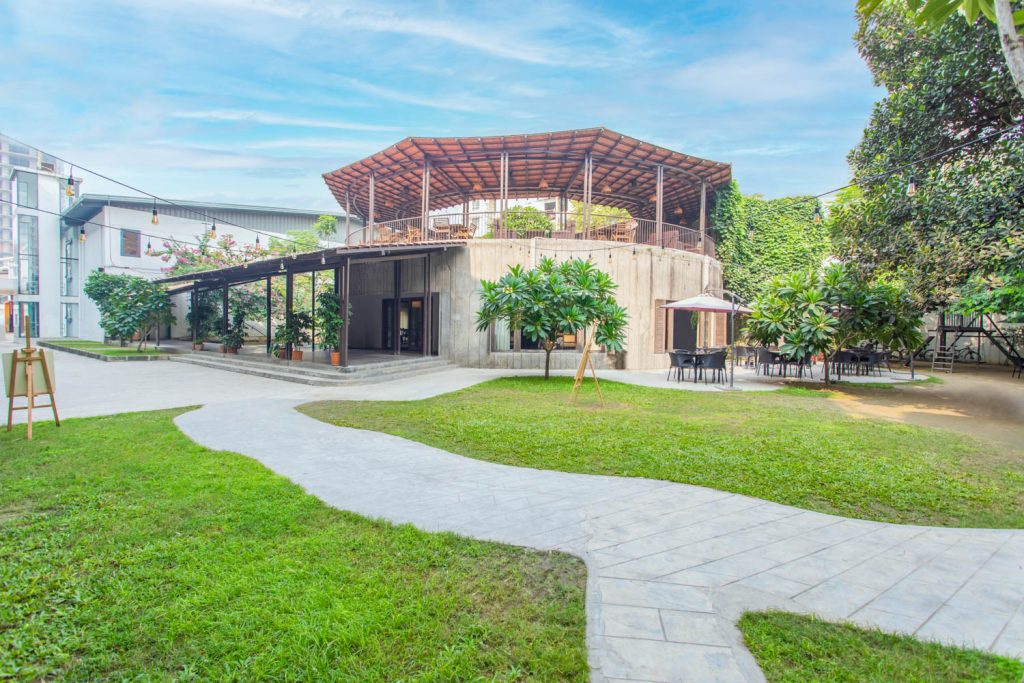
“The whole idea is to transport people to a space where they can experience the warmth of Bengali tradition in a minimalistic and soothing environment,” says Architect Rafia.
The emphasis on minimalism is evident in the design, with rounded stairs, wooden textures, and a pond symbolizing the heart of every Bengali home.
Terracotta Tales is not just a feast for the eyes; it offers a gastronomic journey through traditional Bengali cuisine. While the restaurant remains true to its roots, offering rich versions of familiar comfort foods, it also introduces a fusion twist. One standout is the exclusive fusion fuchka, a delightful marriage of traditional flavors with a contemporary flair.
The ambiance of the restaurant is carefully curated to complement the culinary experience. Warm and soothing lighting, handmade lampshades, and tepa-putuls (clay dolls) contribute to the calm atmosphere. The local artists, under the guidance of the architect, have meticulously crafted these elements to bring a touch of authenticity to the space. Architect Rafia shares her philosophy, stating,
“Nature is the strongest element, and nothing is more powerful than nature.”
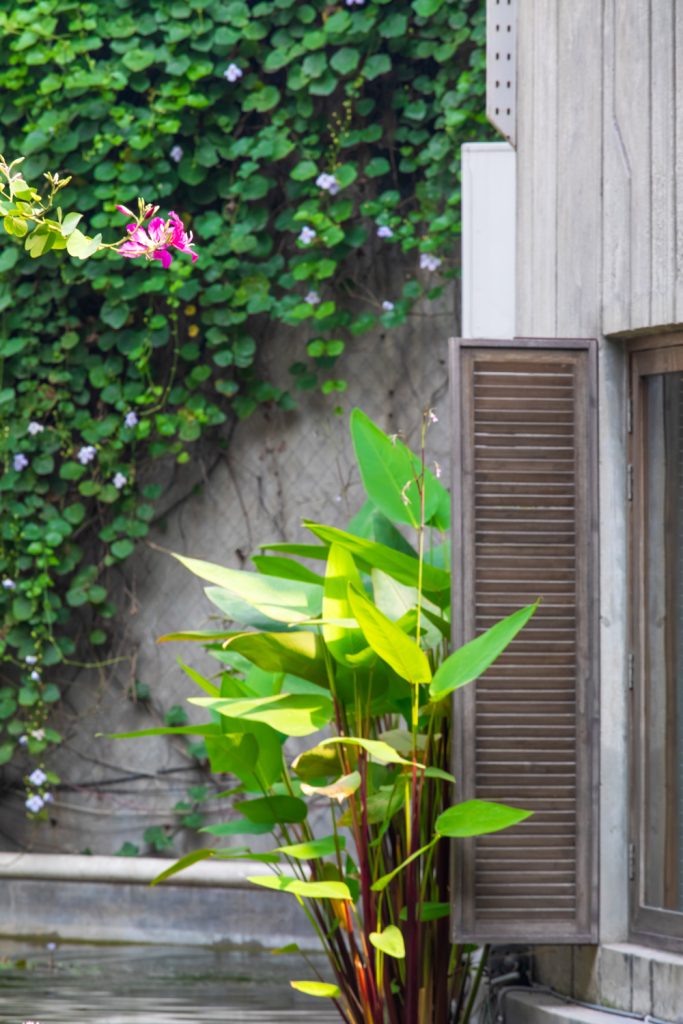
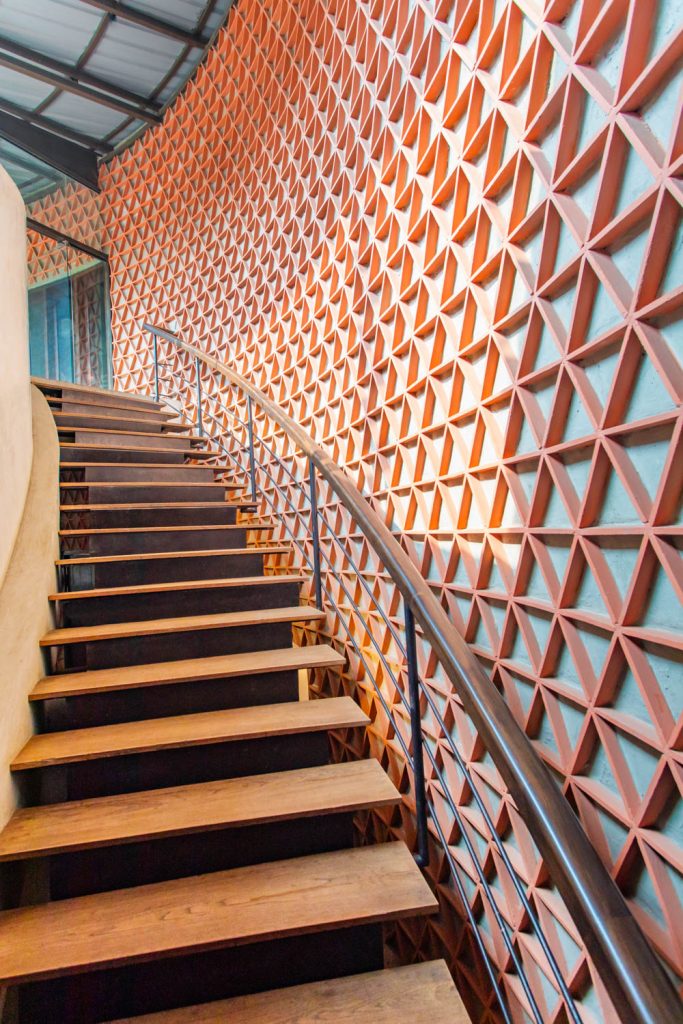
This mantra is reflected in the restaurant’s design, steering clear of pop colors and embracing warm, earthy tones. The muddy texture of the raw mud-like floor further connects visitors to the earth, grounding them in the simplicity of nature.
The use of bamboo and rattan extends beyond the aesthetic, permeating every aspect of Terracotta Tales. From the cash counter to washroom partitions, these natural materials emphasize the commitment to sustainability and tradition. The result is an immersive experience that engages all the senses, allowing patrons to dine surrounded by the echoes of Bengali heritage.
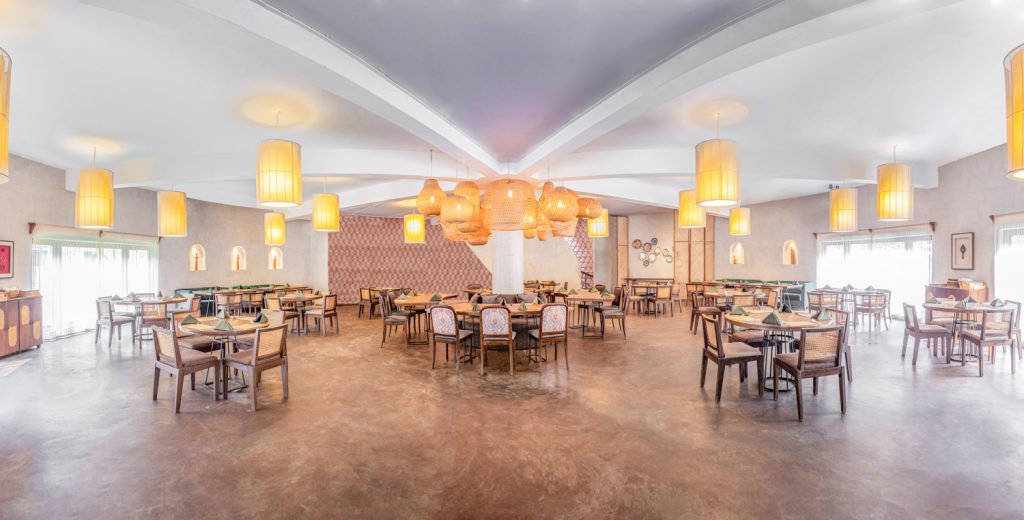
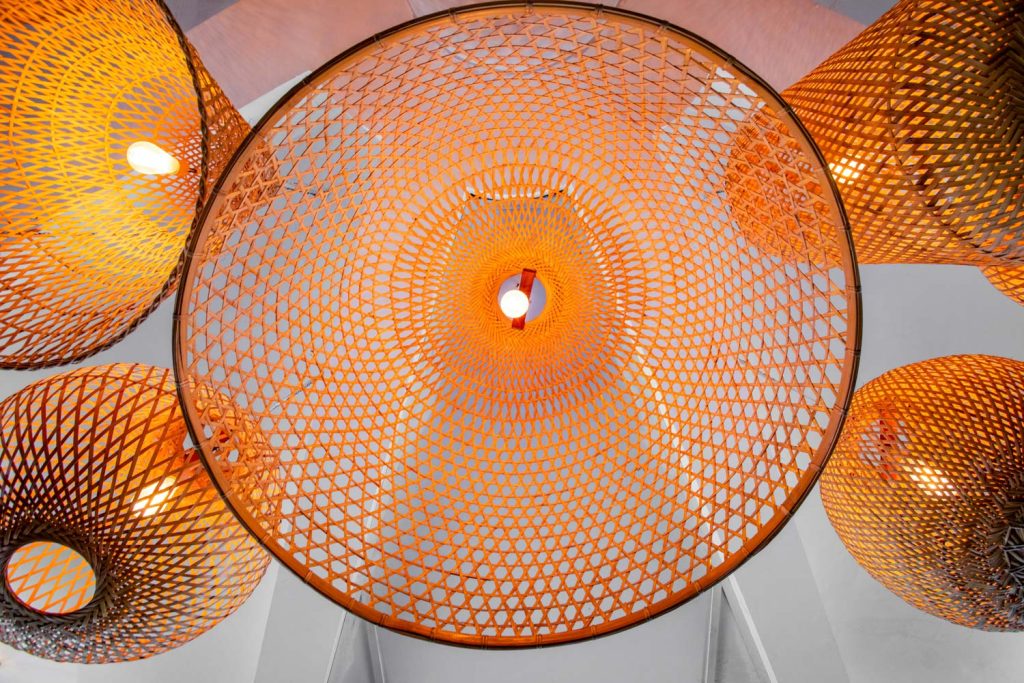
Terracotta Tales is not just a restaurant; it’s a living testament to the enduring spirit of Bengali culture. The fusion of tradition and innovation, from architecture to cuisine, offers a multifaceted experience for visitors seeking a taste of the authentic. The calm ambiance, hanging bamboo lights, soothing earth tones, and large windows framing nature’s beauty all contribute to an atmosphere that transcends the ordinary.
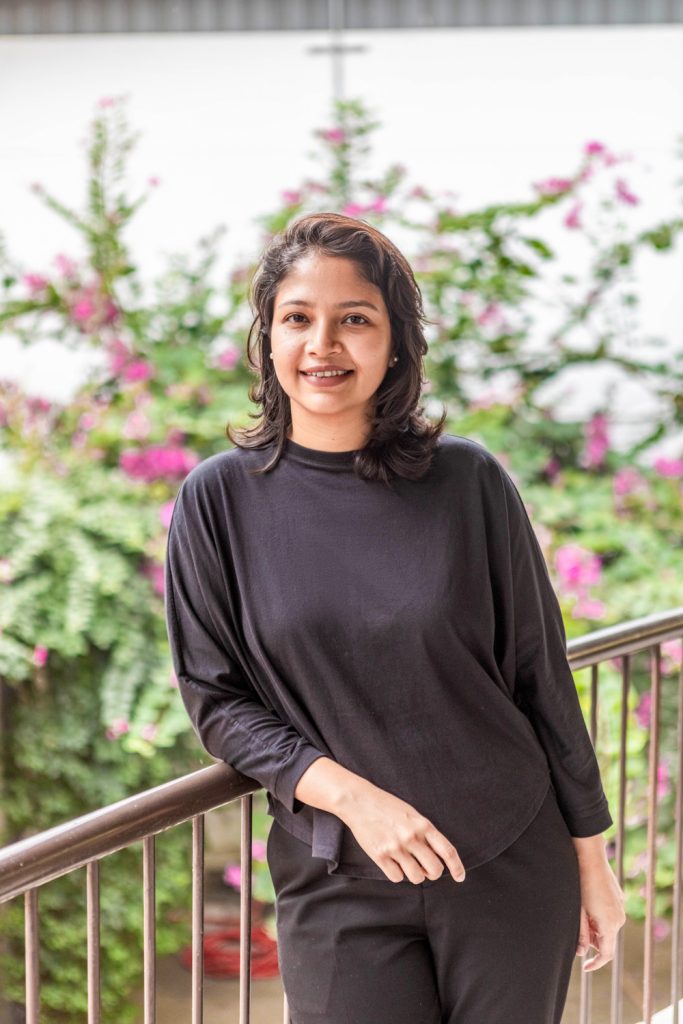
As patrons savor traditional Bengali delicacies and explore the carefully crafted space, they embark on a journey through time and tradition. Terracotta Tales stands as a testament to the architects’ dedication to keeping things minimal, decent, and deeply rooted in the essence of Bengal. It’s more than a restaurant; it’s a cultural immersion, a celebration of heritage, and an ode to the enduring beauty of Bengali traditions.



